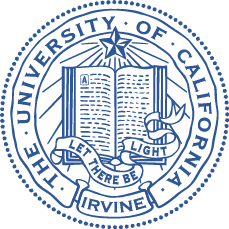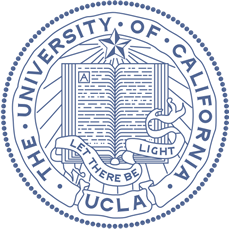Industrial hygiene as a profession requires the recognition, evaluation and control of occupational health hazards within the work environment.
For the safety/health professional, occupational health nurse, the environmental manager, and others working in related areas, this course provides a basic understanding of these concepts.
Learn about the occupational activities that produce workplace hazards, the types of hazards and their physiological impact upon the worker, and methods of hazard reduction. Explore topics including personnel monitoring, identification of chemical and physical hazards, exposure standards, the relationship between exposure and health effects, industrial hygiene surveys and sampling, Cal/OSHA standards, and contemporary industrial hygiene issues. Gain new insight into the interrelationships between safety personnel, occupational health nurses, industrial hygienists and environmental managers to be able to recognize when the specialized skills of each are appropriate. Acquire the knowledge you need to assess the effectiveness of an industrial program.
Learning Objectives:
At the end of this course, students will be able to accomplish the following:
- Describe industrial hygiene concerns.
- Develop the concept of recognition, evaluation and control as a basis for
managing industrial hygiene issues. - Recognize the interrelationships between hazardous materials managers,
occupational safety personnel, occupational health nurses and industrial
hygienists and recognize when the need for the expertise of each is
appropriate. - Discuss the value and significance of industrial hygiene resources,
including a wide variety of publications, computerized databases, and
professional associations
Course Texts Suggested:
Fundamentals of Industrial Hygiene, Plog, B.A., et al., National Safety Council 5th Ed or more recent.
ACGIH: Threshold Limit Values for Chemical Substances and Physical Agents and Biological Exposure Indices (TLV Booklet), American Conference of Governmental Industrial Hygienists; ISBN 1882417496.
Course Schedule:
Monday
Introduction, Course objectives
Overview of IH
Toxicology
Governmental regulations/OSHA
Air Sampling & Instrumentation
Exam
Tuesday
Review & Evaluation
Noise
Hazard Evaluation
Hazard recognition: Ionizing and Non-ionizing Radiation; Heat/Cold Stress; Ergonomics
Solvents
Exam
Wednesday
Review & Evaluation
Hazard recognition (con’t); Particulates; Biological hazards
Occupational Health Management/Programs
Methods of Hazard Control; Ventilation
Respiratory Protection
Final Exam
*Participants must attend 90% of sessions and pass an exam to receive a certificate.*
Methodology:
The primary methods of instruction are through lectures presented by the instructor and discussion sessions involving participation of the students.
Evaluation:
Evaluation of Student Performance
| Participation: | 30% |
| Midterm*: | 30% |
| Final Exam*: | 40% |
* Exam questions will be based upon information covered in class.
The final exam will be given at the end of the last day.
Who Should Attend?
Health and Safety Professionals, Industrial Hygienists, Safety Engineers, Labor/Management Health and Safety Committee Members, Supervisors, Union representatives, Risk Managers, Loss Control Specialists. Ideal candidates have responsibilities that include safety from firms that recognize safety as a paramount function. It is designed for entry-level industrial hygienists/technicians, safety professionals, safety coordinators, managers, supervisors or others who may have industrial hygiene responsibilities.
Other Registration Options
Register by phone: 310-206-2304
Email Us: lmlorenzana@ucla.edu, erc@ph.ucla.edu
Payment Terms:
Classes are subject to cancellation by the host due to low registration or scheduling issues. If a class is cancelled by the host, participants will receive a full refund of their original payment.
(rev. 11/6/09):
Participant cancellations must be in writing. Refund schedule due to participant-requested cancellations is:
- 15 or more business days before the class: 80% of registration fee
- 7-14 business days before the class: 50% of registration fee
- Less than 7 days before the class and “no shows”: No refund
If course materials such as books have been sent to course participants in advance, the cost of that material will be subtracted from the refund.
UCLA reserves the right to postpone an offering 7 days prior to the course date should minimum enrollment requirements not be met. If a program is canceled, you will be notified and your registration fee will be refunded in full, less the cost of course materials sent in advance if they are not returned in the condition in which they were received. The liability of UCLA is limited to the course fee.


